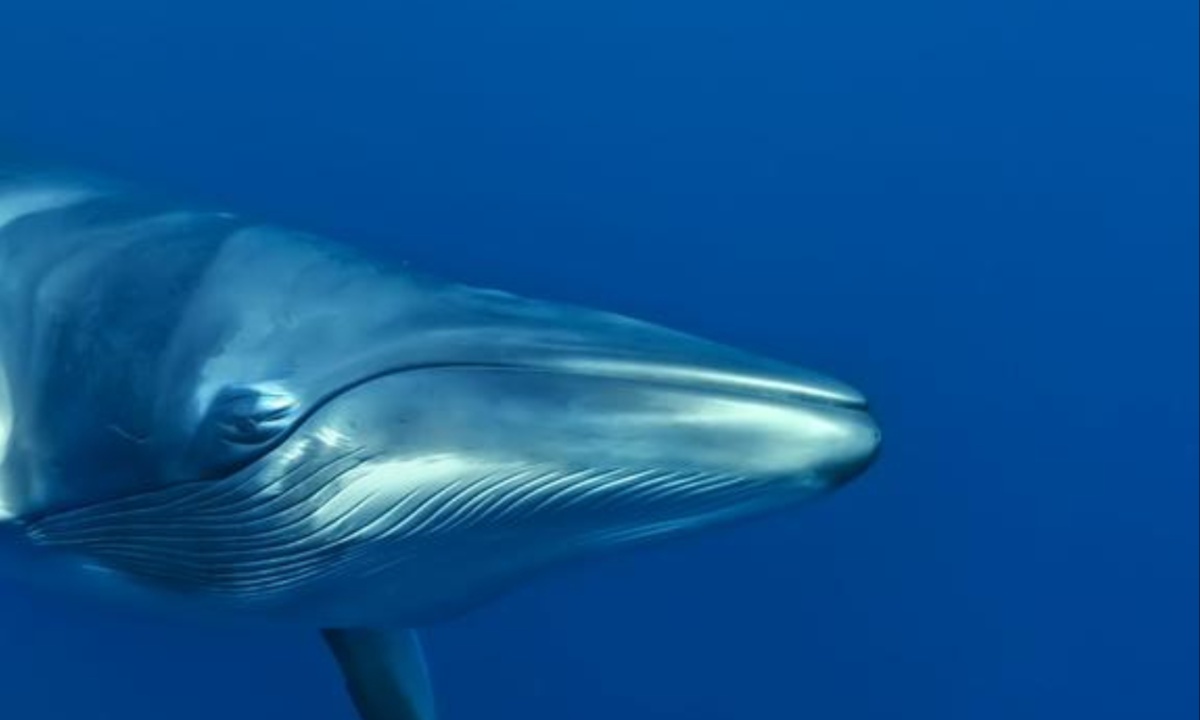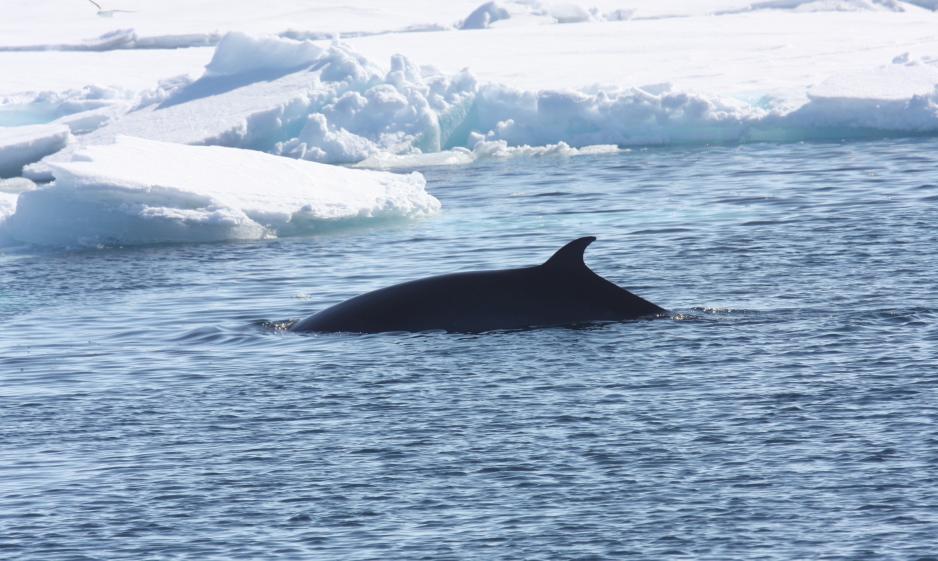Peter Bridgewater, former chair of the International Whaling Commission (IWC), has called for the dissolution of the IWC, arguing that it has outlived its purpose. The IWC, which was instrumental in ending commercial whaling in the 1980s, is now seen by Bridgewater and his colleagues as a “zombie institution” that no longer serves a valuable role.
In their recent article published in Nature, Bridgewater, along with other conservationists, suggests that the IWC should vote to disband at its upcoming meeting in Lima, turning over its remaining responsibilities to other organizations and national governments.
Bridgewater and his co-authors emphasize that many international environmental organizations, including the IWC, have become ineffective and expensive. They argue that these bodies often consume significant resources without achieving meaningful results, and their functions could be absorbed by other entities.
The article criticizes the continued existence of such organizations as a waste of funds and time, suggesting that their dissolution could serve as a precedent for similar institutions.

Originally, the IWC was established to manage whale stocks and support the whaling industry. However, the dramatic decline in whale populations due to hunting led the IWC to implement a ban on commercial whaling in 1982.
The group’s achievements in this area are seen as significant, but Bridgewater and his colleagues argue that these successes are now outdated. They suggest that the IWC’s ongoing meetings have become contentious and unproductive and that disbanding the organization would set a positive example for other environmental groups.
Despite the IWC’s past successes, many whale species are now recovering, with populations of humpback, blue, and minke whales increasing. The primary threats to whales today include ship strikes, pollution, and climate change, rather than commercial whaling.
Bridgewater points out that only a few countries, such as Norway, Iceland, and Japan, continue to engage in whaling, and the IWC has had limited impact in stopping these practices. He argues that the Convention on International Trade in Endangered Species (CITES) could more effectively handle the current issues facing whales.
In response to the call for disbandment, the IWC has defended its relevance, highlighting its expanded role in addressing various cetacean conservation challenges. The commission’s current focus includes tackling entanglement in fishing gear, vessel collisions, strandings, and marine debris, along with a comprehensive scientific program to assess whale populations.
The IWC’s spokesperson asserts that the commission has adapted to address a broader range of issues beyond its initial mandate, thus continuing to play a crucial role in whale conservation.

